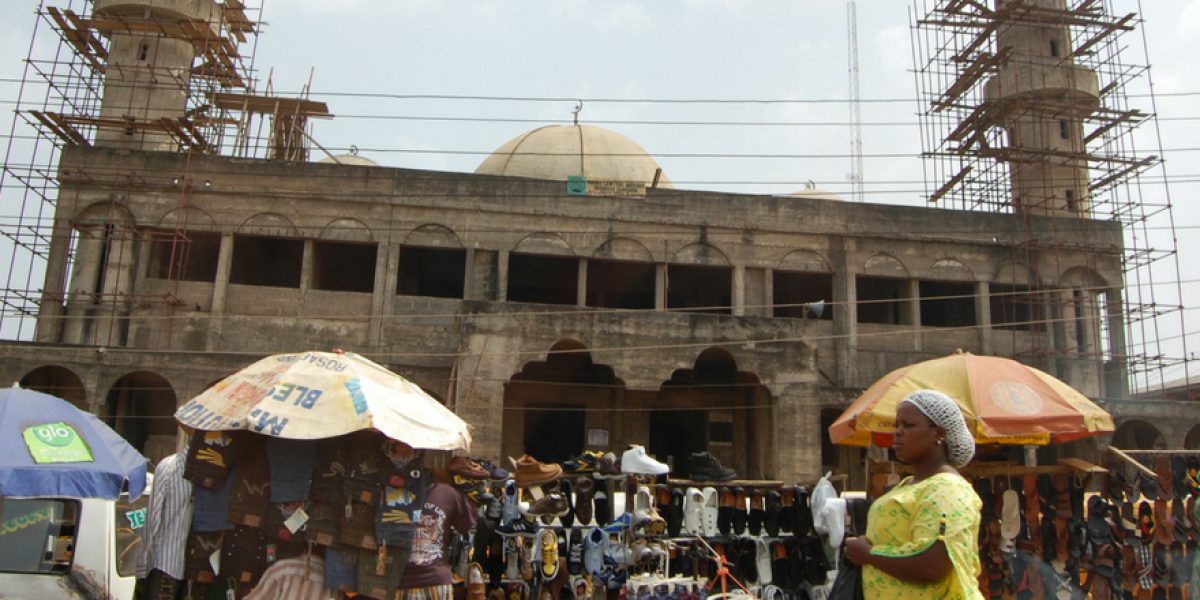This especially resonates in the articulations of Nigeria’s foreign policy, which places Africa at the centre of its foreign engagements, its commitment to global peacekeeping operations and its efforts at mediation and development co-operation in West Africa, in particular. However, since its return to an electoral democracy in 1999, Nigeria has struggled to duplicate its assertive and activist foreign policies of the 1970s and 1980s, and its status as ‘regional hegemon’ or ‘pivotal state’ has been called into question. Critics list numerous factors that have led to this gridlock – from a chaotic post-1999 political economy due to fluctuating oil prices and economic difficulties to the failure to deal with the Boko Haram insurgency.
Compounding these maladies, a corrupt elite and docile leadership have done little to accomplish the regional goals of ECOWAS and the AU. On a broader scale, Nigeria’s election to the UN Security Council in January 2014 bought it little clout globally, especially in light of the Jonathan administration’s inability to adequately combat Boko Haram. Furthermore, on a continental level, the demographic and economic giant has all but lost its pre-eminence to post-apartheid South Africa as ‘the voice of Africa’, as little has been done to further evolve the country’s foreign policy past its decolonisation and anti-apartheid agenda. There is a need for strong and legitimate leadership that will build a more diversified economy and stronger institutions to drive a clean government and safeguard the rule of law. It is thus crucial that the public policymaking process be democratised, including for foreign policy. It is only by doing so that Nigeria can close the gap between its domestic realities and its regional, continental and global ambitions, and foster an interest-driven foreign policy in line with the spirit of the 1999 constitution.
*Kunle Aduwo worked in the Department of Political Science & International Relations, at Covenant University, Ota, Nigeria. He unfortunately passed away, and this paper is published posthumously, in memoriam. The paper therefore does not reflect on the post-2015 Nigerian administration under President Muhamadu Buhari.








